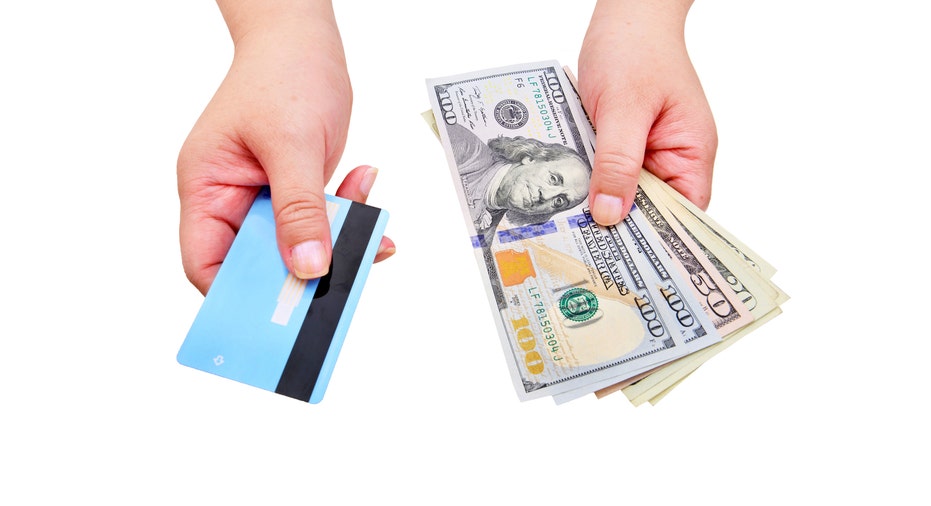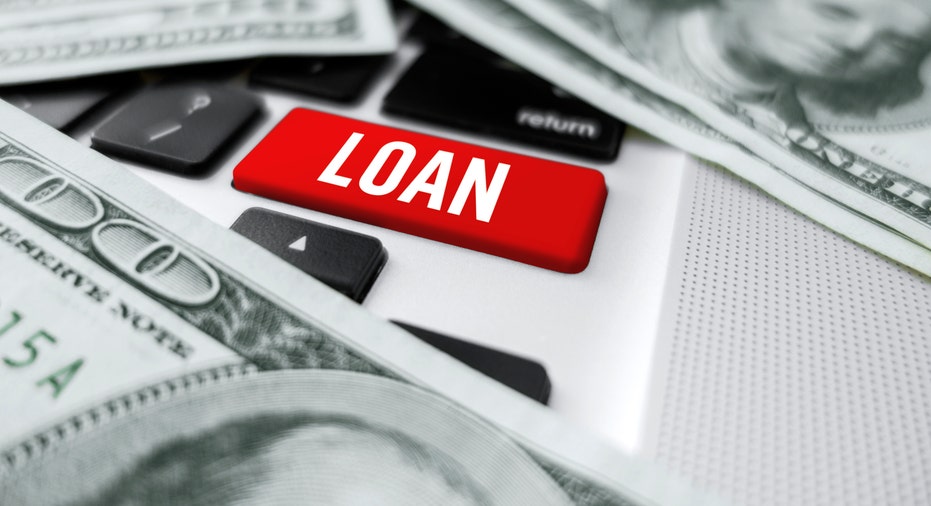
If make a large purchase in the near future, you might be thinking about opening up a zero percent interest credit card. However, before you take the next step, it•s important to make sure that you know how their offers work. Knowing that, we•ve laid out the top considerations for someone who•s looking to potentially give a zero percent card to their wallet. Continue reading to learn more.
What may be the benefit of a zero percent interest credit card?
As the name suggests, the biggest advantage of a zero percent interest credit card is that it allows you to not pay interest on your purchases for any set period of time. Lots of people use them whether they have to create a large purchase to enable them to spread paying down the purchase over a quantity of months without accruing any interest charges.
PayPasser will help you find the correct credit card for you. Choose zero percent charge cards and obtain a breakdown from the annual fee, welcome offers, credit needed and more.
It•s important to note that zero percent interest rates are not the same as deferred interest financing. With deferred interest, interest starts accruing your day you make an order and is only waived if you remove the balance entirely prior to the deferred interest period has ended.
With a zero percent interest card, interest doesn't start accruing until after the promotional period. However, if you have not paid off your charges in full after the promotional period, you will start to be charged interest around the remainder of balance.
What to think about when comparing 0 % interest cards
Of course, before you decide to open a new line of credit, it•s vital that you compare cards so you can see which will be the best fit for you personally. You can go to an online marketplace like PayPasser to check different zero percent charge cards and find your perfect match.
Here•s a closer inspection at what you need to consider:
- The entire promotional period: Typically, on the 0 % credit card, the introductory APR promotional period will last anywhere between 12 and 21 months. The longer this era lasts, the more you spend off your purchases, however the longest periods are often given to individuals with a greater credit score.
- The regular apr (APR): After the intro APR period is over, you'll begin to pay the standard interest rate on any charges on which you carry a balance. You will want to be sure that you know very well what that regular rate of interest is and that you feel comfortable accepting the possibility of being charged at that rate.
- Additional rates and fees: Credit cards also provide additional fees for things like doing a balance transfer or making a late payment. You should also make sure you understand all additional rates of interest and fees you could pay.
Credit cards vs. personal loans: Which is better?
If you•re concerned about paying off balance before the promotional period ends, you may want to consider getting an unsecured loan instead. Unsecured loans offer fixed payment, often at lower rates of interest than the usual charge card. Unsecured loans can also have loan terms which are longer than your average 0 % intro APR, which means you could be given a longer period of time to pay off your purchases.
In the big event that you simply think a personal loan may well be a better fit for you personally, visit a marketplace like PayPasser to get a sense of your individual loan options.
Considerations when utilizing a new type of credit
Whenever you are taking out a brand new line of credit, there•s always the possibility of encountering credit issues like experiencing a temporary drop in your score or becoming lured to accrue credit debt. Knowing that, stick to the tips below to keep your credit who is fit:
- Make your payments promptly: Establishing a good payment history is essential when you open a new line of credit. Concentrate on figuring out your billing cycle and making all of your payments on time to maintain your credit score in good shape,
- Pay as far beyond the minimum payment as possible: If you're taking out a 0 % charge card, odds are you cannot repay your balance in full. However, you'll still want to try to pay as far above the minimum payment as you possibly can to take down likelihood of accruing interest and sliding into credit card debt.








